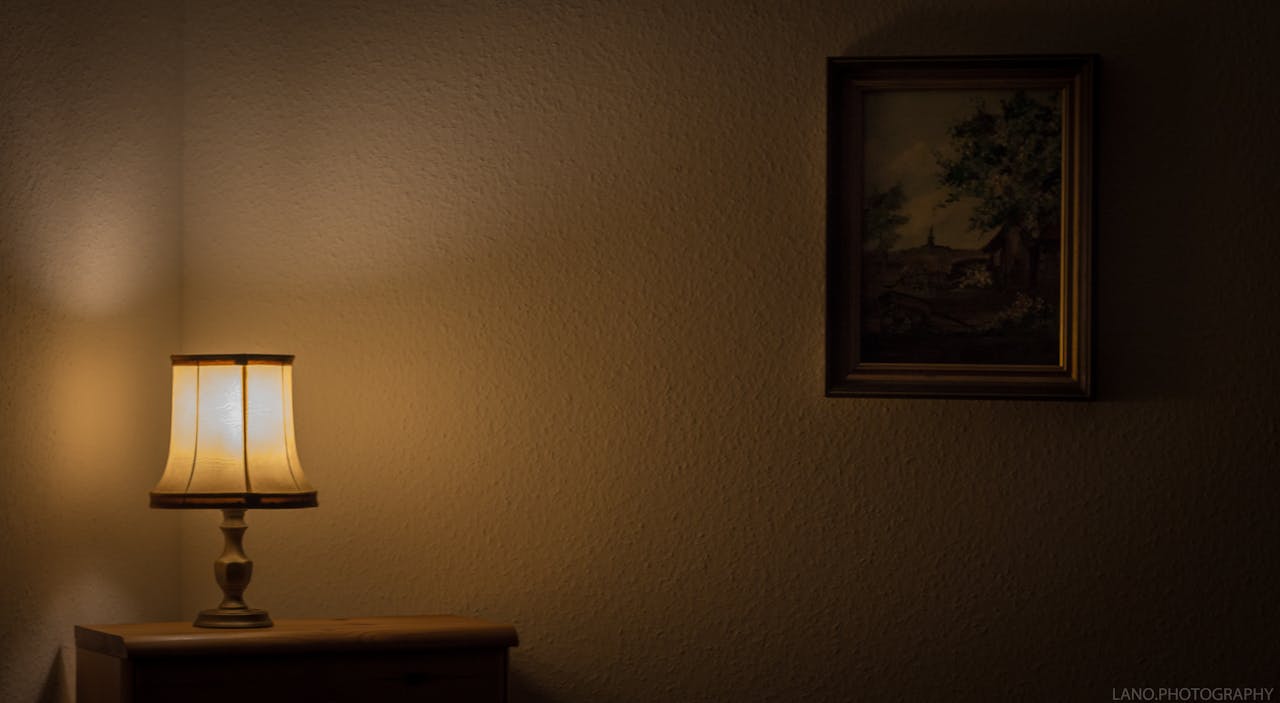Social media is rife with various health claims and warnings, especially against scary terms like ‘mold’ and ‘parasite’. Yet, Dr. Craige Golding, a South African functional and integrative medicine physician specializing in anti-aging medicine, reminds us that the truth about mold is far more nuanced than we realize.
Dr. Craige Golding: The Truth About Mold
“So, I think the first thing to categorize is that yeast is not a parasite and that yeast falls in kind of the mold category.”
In categorizing the two, Dr. Golding notes that yeast is a single-celled organism that divides by budding, whereas mold reproduces through spores and forms long, filament-like structures.
“Yeast is quite simple to treat,” he reveals, adding that natural remedies like grapefruit seed, olive, oregano, and tea tree oils, as well as prescription medications, work to easily eradicate yeast.
Mold, however, can be harder to address. It hides in damp environments and can produce toxins that can impact sensitive individuals, such as those with a weakened or imbalanced microbiome, chronic inflammation, underlying illness, genetic vulnerabilities, or poor detoxification capacity.
Recounting the case of a family of three who began experiencing chronic fatigue and sinus issues, Dr. Golding reveals that they later discovered mold growing behind their damp walls.
“They found quite a lot of humidity and this overgrowth of Aspergillus, which is a mold,” he shares.
Aside from Aspergillus, other species of mold can release mycotoxins that can be quite harmful to the human body,
“They can be very organ toxic – they can cause severe liver damage, lung damage, even brain damage. There’s a form of inhalational dementia now described that can give you a full-blown Alzheimer’s-type picture.”
It’s Not The Mold – It’s The Terrain
Despite the serious health risks associated with them, Dr. Golding does stress that mold exposure doesn’t necessarily mean danger, especially since we’re constantly exposed to yeast, fungi, bacteria, and parasites. In fact, the key mitigating factor lies in the body’s internal health, which he describes as ‘the terrain.’
“If your terrain is kept healthy – your microbiome strong, your liver functioning, your glutathione levels high – then when you’re exposed to yeast, parasites, molds, you’ve got a better chance of eliminating them.”
Thanks to social media-driven paranoia about mold exposure, Dr. Golding understands why people may automatically assume that they’re going to develop inflammatory response syndrome:
“It really doesn’t work like that,” he says, reiterating that for most people, brief exposure to mold is unlikely to cause serious harm, especially if they maintain good general health.
Mold Is Not the Enemy
With the rise of parasite paranoia, it can be easy to blame every single issue on parasites and molds, including cancer,
“In the last six months, I’ve seen a wave of patients who believe cancer is just parasites,” reveals Dr. Golding, adding that there’s a growing and concerning belief that killing these parasites with ivermectin and mebendazole will help.
“That’s not a replacement for oncology treatment. It may help. But that’s not the whole picture.”
Dr. Golding further explains that modern metabolic oncology is shifting towards the mitochondrial and metabolic model of cancer, popularized by Dr. Thomas Seyfried. In this view, cancer is driven by impaired energy metabolism and dysfunctional mitochondria, and so there may be some antiparasitic and antifungal drugs that could potentially improve mitochondrial function and reduce tumor burden. However, that doesn’t mean that cancer can be cured by killing parasites,
“I believe cancer is a complex chronic disease, and you need to address combination therapies to get your best outcomes.”
Understanding and Managing Mold
Much of the concern and panic surrounding mold comes from misunderstanding and misdiagnosis. So, Dr. Golding urges us to increase our knowledge, and to also get the right testing, be it through mycotoxin urine tests or other tests like microbiome stool tests. With the assistance of a skilled practitioner, they can help you interpret the data and determine if your symptoms are mold-related or if they could be linked to something else entirely.
Now, if the test results do suggest that mold is to blame, then Dr. Golding suggests the following steps to adopt and help improve your ‘terrain’:
- Remove the exposure – “You can’t heal if you’re still breathing in the toxins.”
- Use binders – “I’ve had very little success in curing mold-related illness without using binders,” shares Dr. Golding, adding that substances like cholestyramine, chlorella, and diatomaceous earth can help eliminate toxins.
- Better detox – Use glutathione, sweat through an infrared sauna, and improve hydration.
- Rebuild the microbiome – This can be done with probiotics like Saccharomyces boulardii, fermented foods, and prebiotics.
- Lifestyle interventions – Healthy eating, reduced EMF exposure, rest, and stress management.
If you’re skeptical about the effectiveness of these methods, Dr. Golding shares the case of two Alzheimer’s patients who had been living in a damp home. After being treated with a mold protocol, which included binders, antifungals, and microbiome restoration, they experienced black gunk coming out of their noses, and their Alzheimer’s symptoms reversed.
Now, while this isn’t to say that mold may be the cause of all neurodegenerative diseases or other chronic conditions, it does suggest the potential in looking at it as a source when struggling with unanswered questions.
“I think some people are sitting with Alzheimer’s, asthma, sinus, and chronic fatigue syndromes, not having explored that avenue,” explores Dr. Golding.
“If they’ve had other infections ruled out – their blood counts are fine and their other health markers are normal – and yet they’re still not right, then you need to start looking for these things. Look for electromagnetic sensitivity, mold, yeast, a sick microbiome, or a sick bird. We need to look for it when there are symptoms that suggest it and not live in fear.”
Watch The Interview
View this post on Instagram



![women [longevity live]](https://longevitylive.com/wp-content/uploads/2020/01/photo-of-women-walking-down-the-street-1116984-100x100.jpg)










